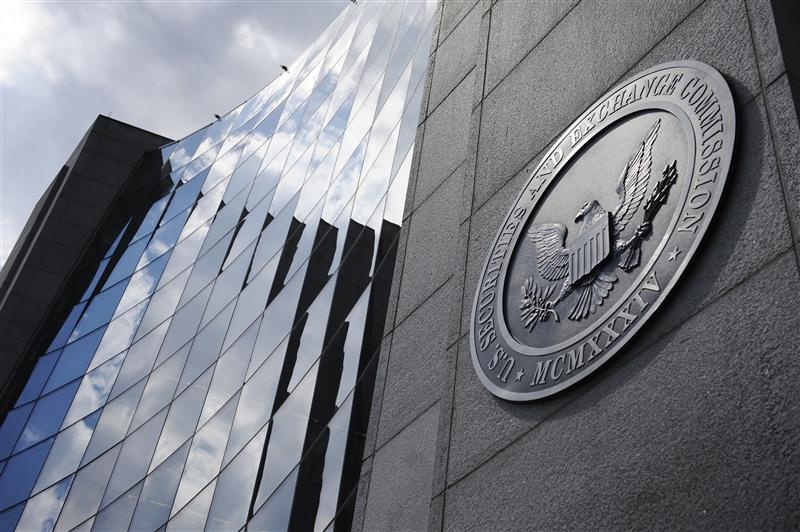As the Securities and Exchange Commission conducts investigations for the second round of its crackdown on inadequate mutual fund payment disclosures, critics are asserting the agency is engaging in rulemaking by enforcement.
Earlier this year, the SEC announced a
$125 million settlement with 79 firms that had not told clients they received 12b-1 fees for recommending certain funds. The SEC found the firms promoted the high-fee share classes when less-expensive share classes were available in the same fund. The firms
self-reported and avoided fines in an initiative the agency launched last year.
Now compliance lawyers are anticipating enforcement focused on firms that did not turn themselves in. The SEC is likely to examine revenue sharing and other payments beyond 12b-1 fees, and violators likely will incur civil penalties in addition to restitution, the lawyers say.
Paul Atkins, former SEC commissioner, wants the agency to halt its share-class initiative because it is establishing a new disclosure standard through enforcement rather than a regulation. He said it is unfair because the industry didn't have a chance to adjust.
"The staff are trying to enforce a standard that they only started articulating last year," said Mr. Atkins, chief executive of Patomak Global Partners. "So how can one expect people to have had notice that it was not to the SEC's liking?"
The number of firms involved in the initial settlement also should have given the agency pause, he said.
"With that massive a scale of alleged non-compliance with whatever the purported standard was, why didn't the SEC do a rulemaking on this?" Mr. Atkins said. "Why are they doing it through enforcement? Even now, after the settlements, there is no real certainty as far as what is acceptable in the SEC's eyes."
The SEC did not respond to a request for comment.
Investigations may have been temporarily put on hold because the SEC had to
evaluate a recent court decision involving share-class disclosures that may affect the wording of settlements, according to James Lundy, partner at Drinker Biddle & Reath.
"That aspect of the ruling slowed down this second wave," Mr. Lundy said. "I expect [enforcement actions] to ramp back up again."
The lack of a "bright-line test" for violations is troubling, said Alex Russell, managing director of securities litigation and regulatory enforcement at Bates Group.
"They're creating the appearance of a standard through the course of these inquiries and initiatives," he said. "They're setting it up so that it will be a moving target. The SEC is free to reinterpret themselves later on."
But Niels Holch, executive director of the Coalition of Mutual Fund Investors, said the fiduciary duty investment advisers must meet should be enough for them to recommend less-expensive share classes.
"That's sort of fiduciary duty 101," Mr. Holch said. "It seems you don't need a rule if you're already an RIA. You're subject to a fiduciary duty rule that already exists."







